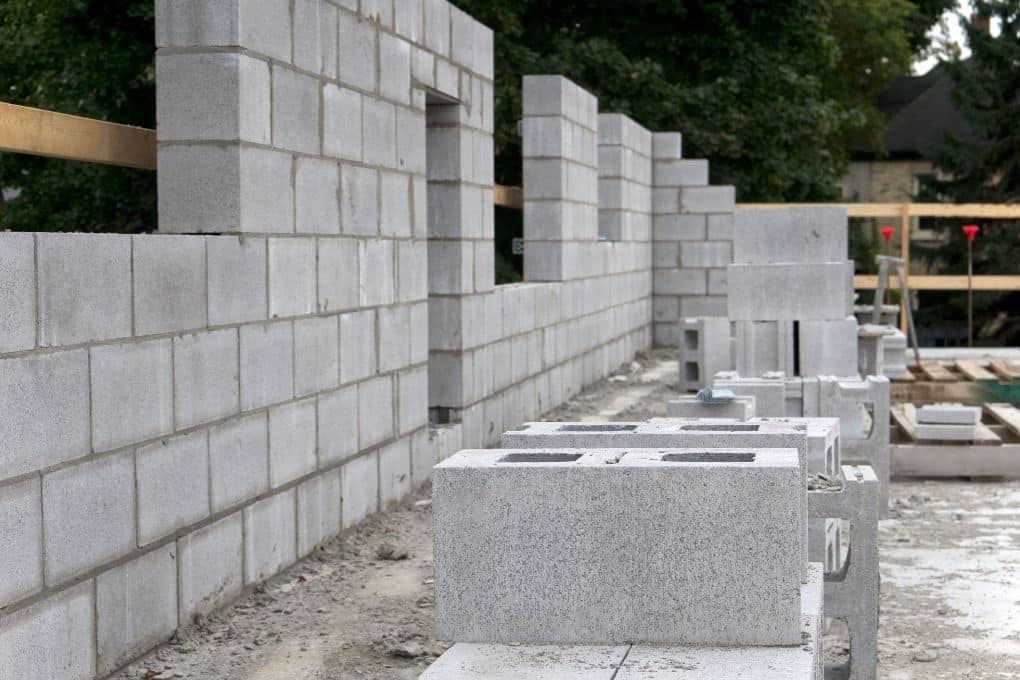Introduction
Concrete masonry units in commercial construction have become an essential component of the construction industry due to their versatility and long-lasting nature. These blocks, commonly referred to as concrete blocks or cinder blocks, find extensive use in residential as well as commercial projects. In this article, we will explore the diverse applications and advantages of concrete masonry units, emphasizing their pivotal role in contemporary construction.
Understanding Concrete Masonry Units
Concrete masonry units are prefabricated building blocks crafted from a blend of Portland cement, aggregates, and water. They are available in a variety of shapes, sizes, and textures, facilitating diverse architectural designs. CMUs are manufactured in controlled factory settings to ensure consistent quality and robustness.
Types of Concrete Masonry Units
Solid Blocks
Solid CMUs are dense blocks without any voids. They provide excellent load-bearing capacity and are commonly used in structural walls.
Hollow Blocks
Hollow CMUs have hollow cores that reduce the weight of the block while maintaining structural integrity. They are suitable for non-load-bearing walls and can be reinforced with steel bars.
Perforated Blocks
Perforated CMUs contain vertical holes or voids within the block. These blocks offer good thermal insulation and are often used in areas with extreme climates.
Split-Face Blocks
Split-face CMUs have a rough texture on one or more faces, providing an aesthetically pleasing appearance without the need for additional finishes.
Applications of Concrete Masonry Units in Commercial Construction
Concrete masonry units find application in a wide range of construction projects, offering numerous advantages over traditional building materials.
Structural Applications
CMUs are extensively used in structural applications, including:
Load-Bearing Walls
Solid CMUs are employed to construct load-bearing walls due to their strength and durability. These walls support the weight of the structure and provide stability.
Retaining Walls
Concrete masonry units are ideal for building retaining walls, which prevent soil erosion and provide support to uneven terrain.
Foundation Walls
CMUs serve as a reliable option for foundation walls, offering stability and protection against water penetration.
Non-Structural Applications
Apart from structural applications, concrete masonry units are also used in non-load-bearing walls, such as:
Partition Walls
Hollow or perforated CMUs are commonly used for partition walls, dividing the interior space and providing privacy.
Exterior Walls
Concrete blocks with various textures and finishes can be used as exterior cladding, enhancing the visual appeal of the building.
Soundproofing
CMUs have excellent sound insulation properties, making them suitable for walls that require noise reduction, such as theaters, recording studios, and residential buildings.
Advantages of Concrete Masonry Units
Concrete masonry units offer several advantages that make them a popular choice in construction projects:
Durability and Longevity
CMUs are highly durable and can withstand harsh weather conditions, fire, and pest infestations. They have a long lifespan, reducing maintenance costs over time.
Energy Efficiency
Concrete masonry units possess excellent thermal properties, helping to regulate indoor temperatures and reduce energy consumption for heating and cooling.
Fire Resistance
Due to their non-combustible nature, CMUs provide a high level of fire resistance, ensuring the safety of occupants and minimizing damage in case of a fire.
Sustainable Construction
Concrete masonry units are made from locally available materials, reducing transportation costs and carbon footprint. They can also be recycled, making them an environmentally friendly choice.
Conclusion
Concrete masonry units have unequivocally showcased their multifaceted nature and unwavering reliability as indispensable components in the realm of construction. These units find their purpose in an extensive array of applications, encompassing both load-bearing walls and non-structural partitions. The utilization of these units bestows a plethora of advantages, including but not limited to longevity, energy efficiency, fire resistance, and support for the implementation of sustainable construction methodologies. By harnessing the inherent strengths offered by CMUs, constructors have the ability to erect edifices that are not only aesthetically captivating but also possess enduring qualities, cost-effectiveness, and an unwavering commitment to environmental well-being.


